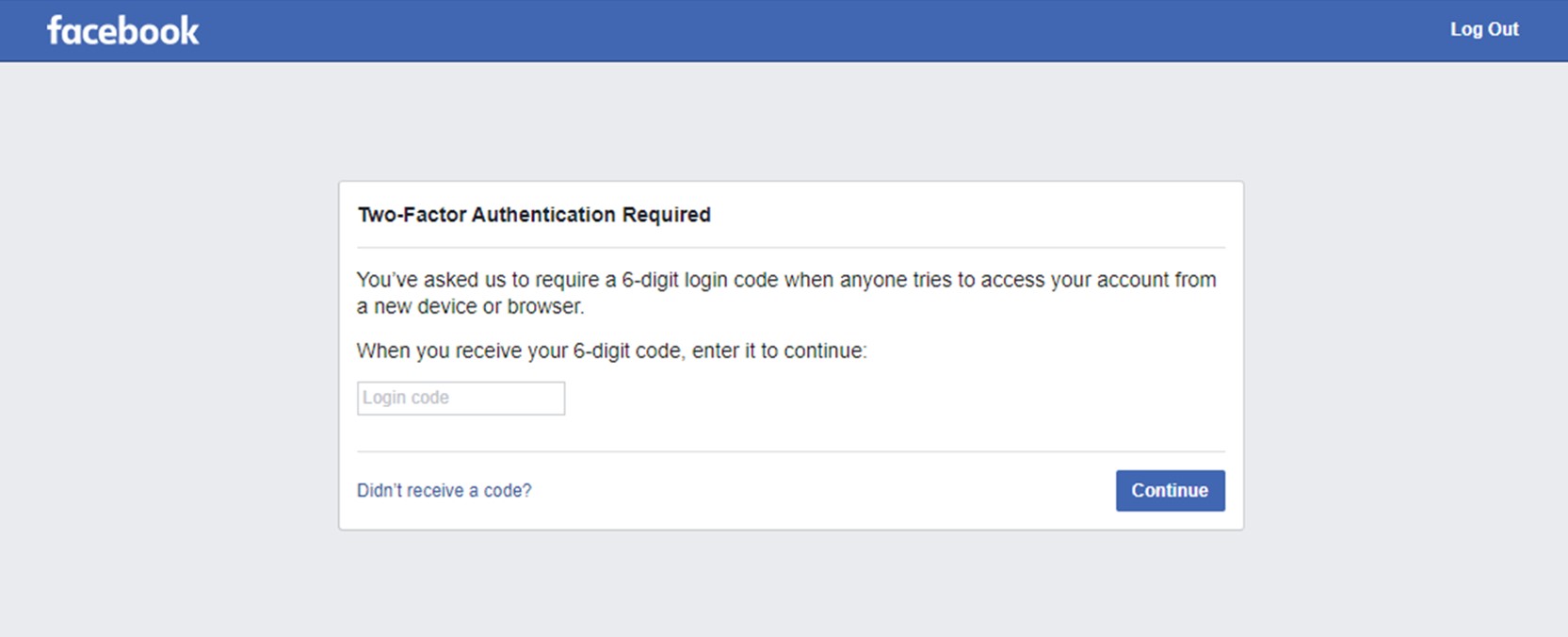By Emilio B. Nicolas & Eric Wong
Back in 1991, when mobile phones were a luxury item weighing about two pounds and dial-up internet was getting ready to hit the market, Congress passed the Telephone Consumer Protection Act, 47 U.S.C. § 227 (TCPA), with an eye towards reigning in robocalls and other abusive telemarketing practices of the time. Thirty years later, the TCPA still stands, prohibiting calls to consumers on the nationally curated ”do not call” list, and restricting the use of certain technologies, including autodialers or, technically speaking, “automatic telephone dialing systems” (ATDS). Paired with a per-call statutory damages scheme and a class action device, the TCPA has become a potent weapon in the plaintiff’s arsenal, with autodialers and those who use them being the favored targets—at least until recently when, on April 1, 2021, the Supreme Court decided what is and what is not an autodialer under the statute.

In Facebook v. Duguid, the Supreme Court unanimously held that Facebook’s login notification system—an optional security feature that sent users a text message whenever an attempt was made to access their Facebook account from an unknown device or browser—was not an autodialer under the TCPA because Facebook’s system did not store or produce numbers “using a random or sequential number generator.” 141 S.Ct. 1163, 1169 (2021). In other words, while systems and equipment that store and dial telephone numbers might be considered autodialers in the common vernacular, they are not necessarily autodialers under the TCPA. Why? Because after analyzing the statutory definition of an autodialer, the Supreme Court concluded that “a necessary feature of an autodialer under [the statute] is the capacity to use a random or sequential number generator to either store or produce phone numbers to be called.” Id. at 1173.
This narrow interpretation excluded Facebook’s auto-notification feature, which is pegged to pre-determined phone numbers that users associate with their accounts at the time of creation, and which does not dial random or sequential blocks of telephone numbers automatically like the “robocall” technologies of the past. And it is a stark departure from the precedent set by the Federal Communications Commission (FCC) and several Courts of Appeals, which had interpreted the TCPA broadly enough to sweep in many modern cell phones and other automated calling and texting technologies under the TCPA’s definition of an autodialer. Those decisions left many advertisers, communications companies, and other businesses at risk for engaging in common or necessary consumer messaging practices.
Because many modern marketing and messaging campaigns operate in a similar way by sending calls or texts to a list of pre-determined phone numbers gleaned from forms, inquiries, or elsewhere, it stands to reason that a significant portion of TCPA litigation may now go by the wayside. However, businesses that communicate with consumers by phone or text should keep a watchful eye over what remains and what may come. For example:
- Opportunistic plaintiffs might still use the threat of litigation to leverage favorable settlements based on specious or conclusory allegations of how a defendant’s dialing equipment might work. In what is apparently the first post-Facebook decision, a district court in Colorado held that the plaintiff sufficiently pled the use of an autodialer by the defendant—and opened the door to costly and intrusive discovery—because the complaint alleged that the defendant’s systems “have the capacity to store telephone numbers using a random or sequential generator, and to dial such numbers from a list without human intervention.” Montanez v. Future Vision Brain Bank, LLC, No. 20-cv-02959-CMA-MEH, 2021 WL 1291182, at *1, 7 (D. Colo. Apr. 7, 2021).
- In response to the Facebook decision, members of Congress are already looking into amending the TCPA to expand the scope of its autodialer definition.
- The Facebook decision does not impact the rest of the TCPA, including its prohibition of calls to consumers on the national “do not call” list, and its restrictions on the use of “artificial or prerecorded voices.” Those will continue to be sources of litigation.
Given the high volume of TCPA litigation, a lot of these issues may quickly unfold. Stay tuned.
The opinions expressed are those of the authors and do not necessarily reflect the views of the firm, its clients, or any of its or their respective affiliates. This article is for informational purposes only and does not constitute legal advice.
